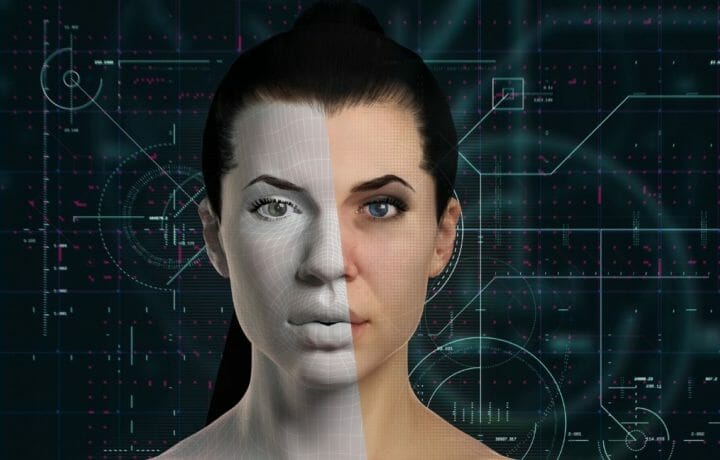As Americans prepare for the next election, our adversaries are preparing as well with their most dangerous weapon — one that can sway public opinion, tarnish reputations, and potentially disrupt the very core of our democracy. This weapon is the deepfake, a sophisticated form of artificial intelligence-generated media that can convincingly replicate a person’s likeness and voice. As we approach the 2024 Presidential Election, the specter of deepfake technology looms, with Russia and China positioned as potential adversaries in an information war that threatens to undermine the electoral process.
The Rise of the Deepfake
Deepfakes first entered the public consciousness a few years ago, a novelty that blurred the lines between reality and fiction. Today, they represent a serious threat to the integrity of our elections. The technology has advanced rapidly, and what was once a cumbersome and easily detectable manipulation is now a near-perfect imitation that can deceive even the most discerning eye.
The dangers of deepfakes are not merely hypothetical. In recent years, both Russia and China have demonstrated their capabilities and intent to meddle in the political affairs of other nations. Their tactics have evolved from crude propaganda to sophisticated disinformation campaigns, leveraging social media and other digital platforms to sow discord and manipulate public perception.
The 2024 Election: A Battlefield of Perception
As the 2024 election draws near, the potential for deepfake-driven interference is alarming. It is not difficult to imagine a scenario where a deepfake video of a candidate surfaces, making inflammatory remarks or engaging in scandalous behavior. The clip goes viral before fact-checkers can verify its authenticity, and the damage is done: what little public trust remains in our political system is eroded, and the electoral outcome is again called into question.
Combating the Deepfake Threat
The fight against deepfakes is extremely complicated. On the technological front, researchers are developing tools to detect and flag AI-generated content but these are still in their nascent stages. Media literacy campaigns are crucial, educating the public on the existence and nature of deepfakes. Moreover, social media platforms and news organizations must shoulder the responsibility of swiftly debunking false content and preventing its spread.
The Need for Vigilance
The 2024 Presidential Election is not just a political contest; it is a battle for the truth. Deepfakes represent a formidable challenge to the integrity of our electoral process, and it is incumbent upon all stakeholders—government agencies, technology companies, media outlets, and voters—to remain vigilant. Only through a concerted effort can we hope to preserve the sanctity of our democracy in the face of this invisible assault.




